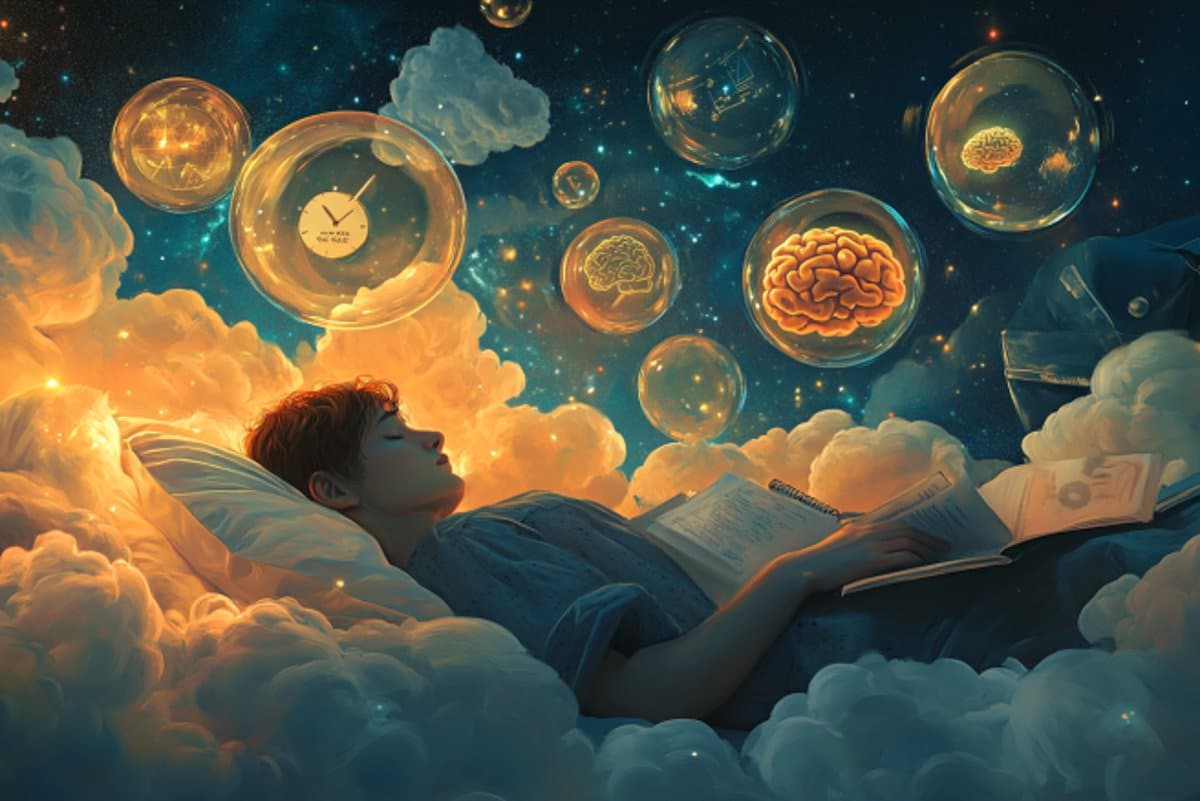Unlock the Mystery of Dream Recall: Study Reveals Key Predictors
The Human Fascination with Dreams
For as long as humans have existed, dreams have been a captivating element of human life. They inspire creativity, challenge our perceptions, and even muddle reality with fantasy. Notably, some individuals can remember their dreams vividly every morning, while others are often left with a blank slate upon waking. So, what exactly determines who recalls dreams and who doesn't?
Dream Recall Study Insights
A groundbreaking study in the field of neuroscience aims to answer this enigmatic question. By examining various psychological factors, researchers discovered that the likelihood of remembering dreams is affected by three primary predictors:
- Attitude Toward Dreams: Individuals who hold positive views about dreams and their meanings are more likely to recall them.
- Mindfulness Practices: Those who practice mindfulness have an enhanced ability to remember their dreams, possibly due to increased self-awareness.
- Emotional Intensity: Dreams that evoke strong emotions, whether joyous or fearful, tend to be more memorable.
Fostering Better Dream Recall
According to the experts, enhancing dream recall is not only a fascinating venture but also a feasible one. Here are a few practical strategies:
- Keep a Dream Journal: Recording dreams as soon as you wake up can help improve recall over time.
- Establish a Pre-Sleep Routine: Creating a relaxing routine before bed prepares your mind for vivid dreaming.
- Embrace Mindfulness: Meditation and mindfulness exercises increase self-awareness, thereby aiding dream recall.

Quotes from Leading Experts
"Dreams are invaluable aids to the evolution of the human psyche." - Carl Jung
Noted psychologist Carl Jung believed that dreams play a vital role in our cognitive and emotional development. His work on the significance of dreams in psychotherapy remains influential today.
The Science Behind It All
Recent studies indicate that specific areas of the brain become active during dreaming, particularly the amygdala and hippocampus, which deal with emotion and memory. This activation pattern might explain why some people are more prone to dream recall.
Explore this detailed research from Science Direct for further reading.Dream-Inspired Creativity
Many famous works of art and literature have emerged from dreams. For example, Mary Shelley’s "Frankenstein" reportedly came from a dream she had. Similarly, Paul McCartney's classic hit "Yesterday" was inspired by a tune he heard in a dream.
Learn more about Mary Shelley's inspiration here.Additional Resources
To dive deeper into understanding your dreams, there are numerous resources available. Consider reading Freud's "The Interpretation of Dreams" or listening to podcasts on dream analysis. Engaging in this exploration can significantly impact your dream life and, consequently, your waking life.
